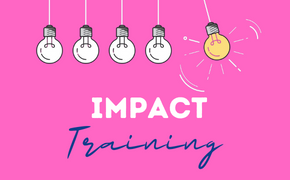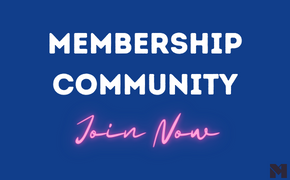Would you say the Future Of Work is here already? A CEO’s Guide to Talent Management (BCG article) – summarised below
1. 66% of role profiles are expected to experience a change in the current climate
2. It’s time for the ‘build, buy OR borrow’ approach to shift to ‘build, buy & borrow’; to harness contingent expertise to bring an adrenalin shot of capability to a blend of new & existing folk
3. Let’s move from Top Talent to ‘Team Talent’ & invest not just in the top 2% but across a broader spectrum of crucial roles to maximise our Talent ROI
4. Let’s help leaders to adopt a more modern mindset; to navigate through ambiguity, to lead as a servant rather than a commander, to get comfortable with taking risks & address the fear of failure, and become expert at finding the win-win working relationships that characterise modern business success.
Let’s act on what we do know, rather than worry about what we don’t, and provide our people with the mechanisms they need to navigate themselves through the new world of work.
> YOUR THOUGHTS? How do we maximise talent moving forward
>> READ MORE https://lnkd.in/epqhgTM














